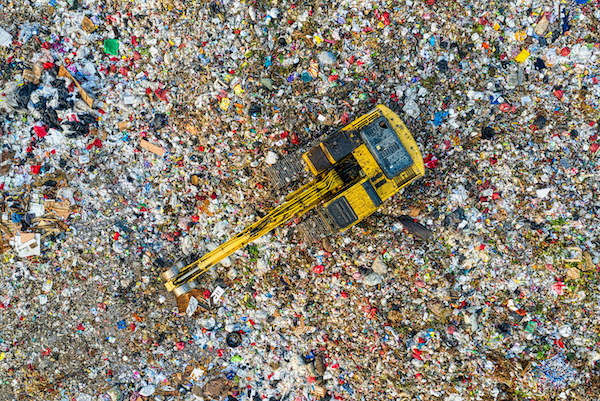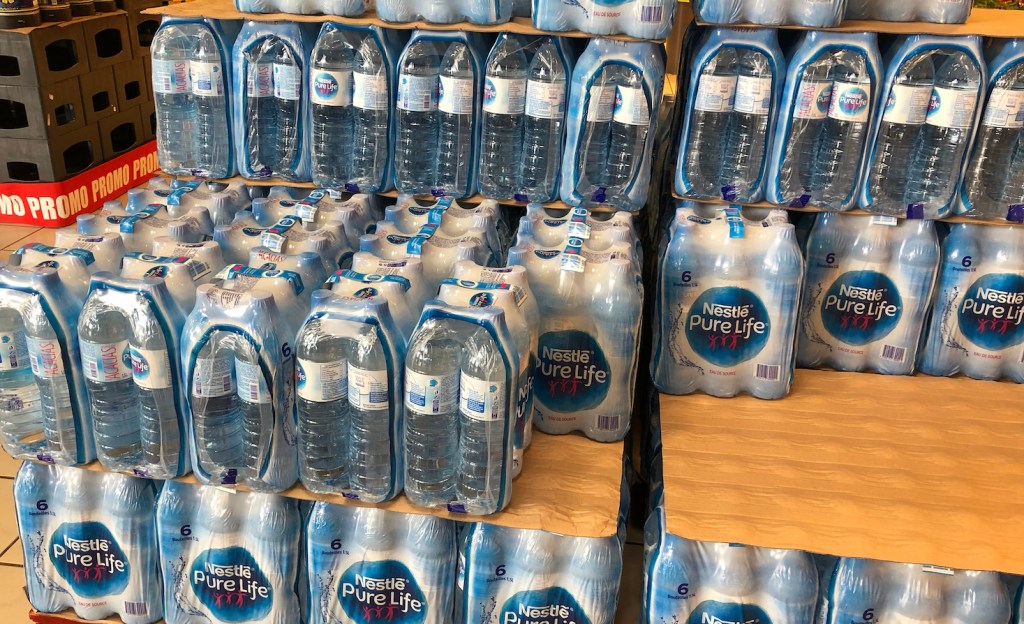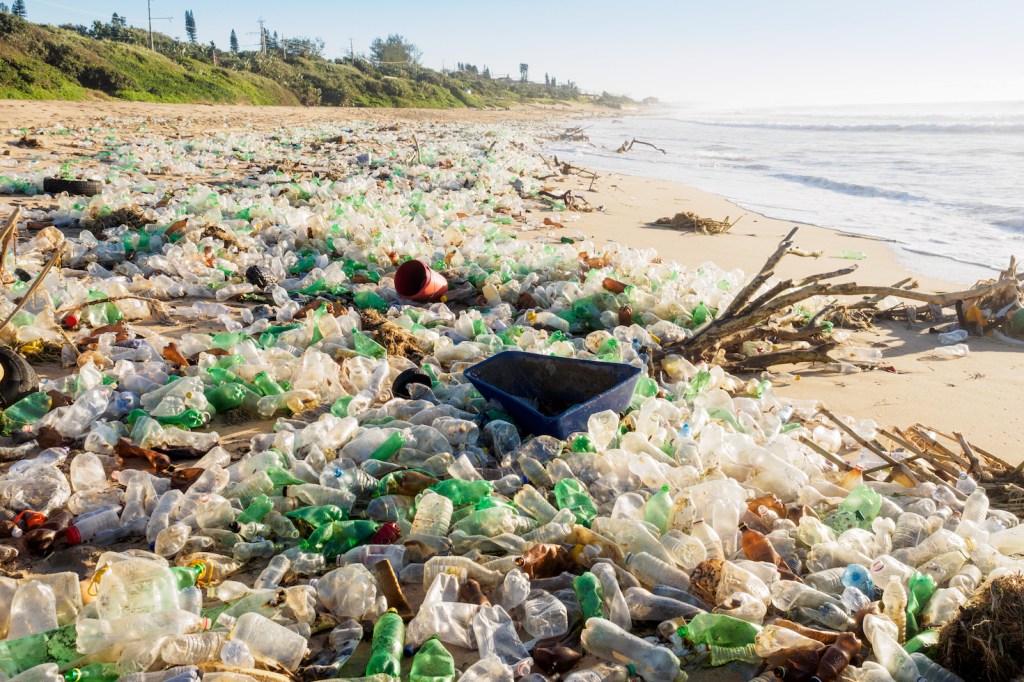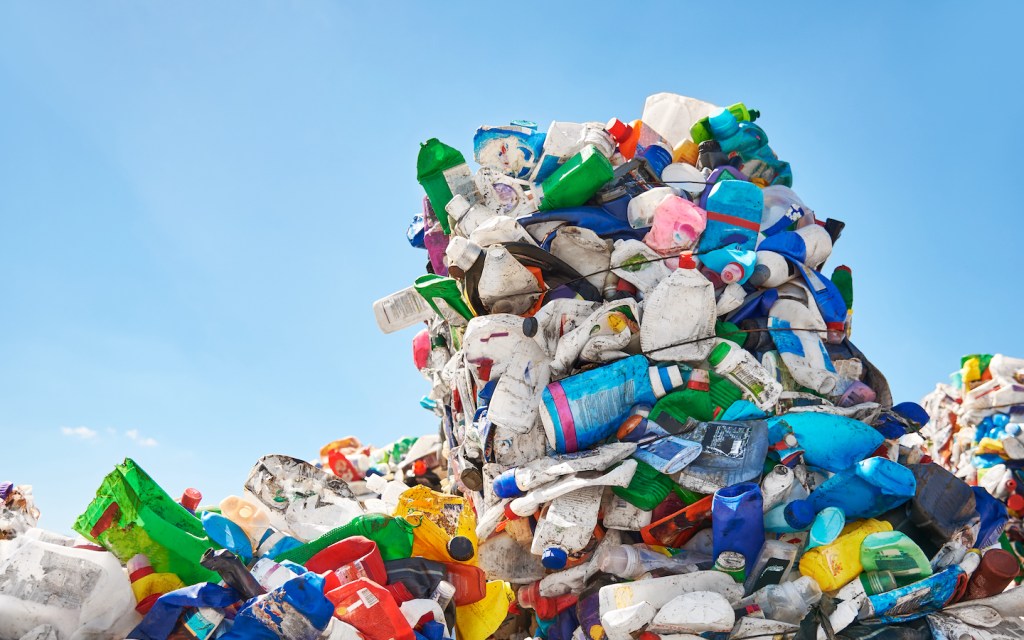Circular Economy
Designing waste to be valuable
Sponsored: Creatives are revolutionizing our perception of waste by demonstrating its potential value in design. Read More
A circular economy investment pioneer reveals how to unlock impact
Closed Loop Partners’ managing director Bridget Croke also shares what investors need from brands. Read More
The How2Recycle label does so much right. Why are recycling rates so low?
I checked in with the How2Recycle director about where the label fits in with the latest recycling trends. Read More
2 reasons to pay more attention to how you ship
Sponsored: Shipping may seem like a dull industry, but it plays a significant role in two of the biggest issues of our time — climate change and inequality. Read More
Watchdogs urge Nestlé, Danone and other food giants to 'deplastify'
Nine "Big Food" corporations that were served notice last year over their plastic footprint are failing to take sufficient action to tackle pollution, a new report says. Read More
How global plastic policies could slash virgin plastic production by 30 percent by 2040
A new report highlights 15 policies that could drive a major decrease in plastic use around the world — but will governments adopt them as part of a new global plastics treaty? Read More
6 things Starbucks learned from its reusable cup experiments
Starbucks is testing reusable cup models in more than 25 markets and plans to start a reusable cup program by the end of 2025. Read More
How startup Tulu is upending the bias for ownership
Combining a self-contained storage unit and an app, the product rental service can help incentivize quality and advance circularity. Read More
5 ways to make reuse mainstream
Innovators at the vanguard of the reuse movement agree on the key ingredients that will speed up the adoption of reuse. Read More
‘Zero draft’ lends shape to global plastics treaty
NGOs are cautiously optimistic about the draft document for a global plastics treaty, which will be used during the third set of negotiations scheduled for mid-November. Read More









